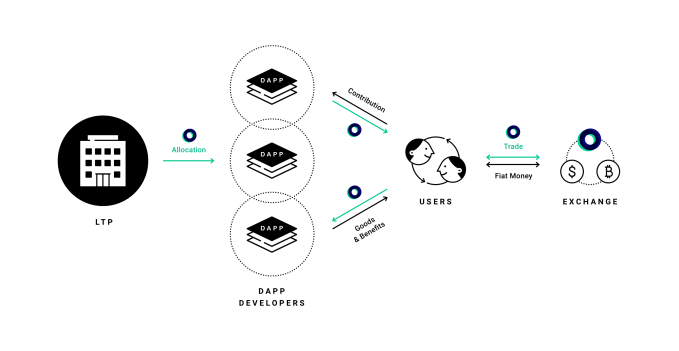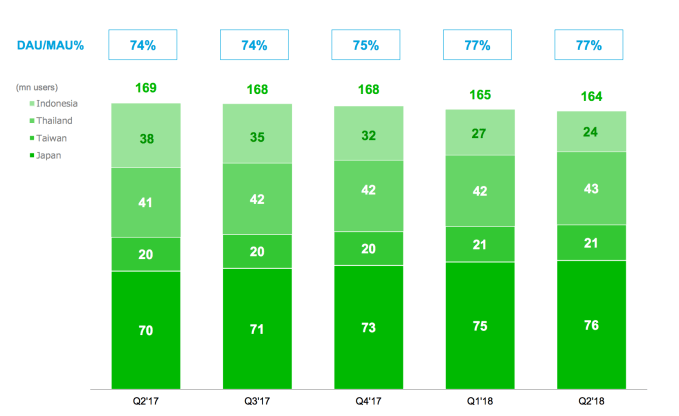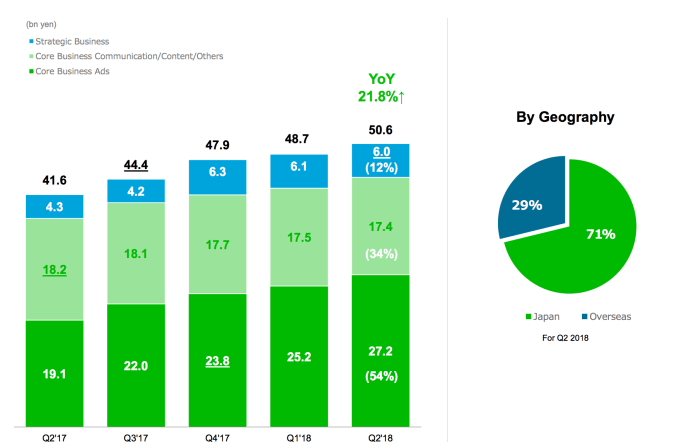Earlier this month, WhatsApp announced the launch of its first revenue-generating enterprise product, the WhatsApp Business API. The API allows businesses to respond to messages from WhatsApp users for free up to 24 hours, then charges for any responses after that point on a per message basis. Though still in a limited preview, the company is now supporting around 100 businesses directly on its API platform, including airlines, e-commerce companies, banks, and others like Uber and Netflix, and plans to onboard many more in the months ahead.
Because businesses have to first apply to gain access the API, there’s some misinformation floating around on backchannels about how to get approved.
For example, some industry sources have been telling partners that no U.S.-based businesses are being onboarded to the API at this point. This is untrue, WhatsApp says. In fact, there’s a public site where U.S. companies Uber and Wish are featured as “customer stories.” We also understand that U.S.-based Netflix is testing the API, though not for use in the U.S. for the time being.
Others listed on WhatsApp’s website include Booking.com, MakeMyTrip, B2W, iFood, Singapore Airlines, Melia Hotels, KLM, Bank BRI, absa, Coppel, and Sale Stock.
WhatsApp isn’t limiting access to the API based on where companies are located, it says, nor does it have requirements for those businesses – like how many messages they need to send per month.
The latter is another piece of misinformation out there, as businesses try to decipher who’s getting in. Some have been saying that API customers need to send at least 100,000 messages a month, if they expect WhatsApp to approve them during this preview phase. This is inaccurate, WhatsApp says.
There’s no requirement related to the number of messages being sent. Although the API is intended to be used by larger businesses, some today are using it for customer service which often means they’re receiving more messages than they’re sending, the company noted.
The API is now how WhatsApp generates revenue, as it ditched its subscription fee years ago. That’s why it’s worth tracking its progress. Businesses can also buy Facebook News Feed ads that launch customers into WhatsApp conversations they can respond to.
WhatsApp officially launched its Business app at the beginning of the year, which makes sense for smaller companies, and then rolled out the API this summer for the larger ones.
Bringing businesses into the WhatsApp ecosystem is a significant shift for the Facebook-owned company, as it turns what’s been a place where family and friends communicate into a place of business.
With that delicate balance in mind, WhatsApp says that businesses cannot reach out to customers using the API without the customers’ specific permission.
Instead, the API is designed to allow businesses to respond to customer inquiries, or provide them with other information they’ve requested. For example, an airline may send a boarding pass via the API; an e-commerce business may send a receipt; a bank may send over a bank statement.
Uber is using WhatsApp with its drivers to all them to connect to members of its team about questions and Netflix is sending account messages and suggestions as a part of its test.
Further down the road, the API could enable other types of customer interactions as well, like handling two-factor authentication requests, perhaps, instead of using SMS. But that’s not happening at present.
WhatsApp says there are now around 100 companies globally on the API platform.
The company is also working with a dozen or so solution providers. Businesses like VoiceSage, Nexmo, Infobip, Twilio, MessageBird, Smooch, Zendesk, and others are already advertising their services in this area.
Companies interested in gaining access to the API can work with one of the solution providers or sign up directly via the WhatsApp website.
As WhatsApp brings on more businesses, it’s only vetting requirement of sorts is that it’s looking for those interested in creating quality experiences for customers, the company says.
Of course, even the invited intrusion of businesses into WhatsApp changes the nature of the platform.
As users invite more businesses to communicate with them, WhatsApp may start to feel like more like an email inbox or even a Twitter-like support channel.
Making sure there are easy-to-find settings that let users terminate their connections with businesses will be just as critical as the API becomes more widely adopted going forward.





